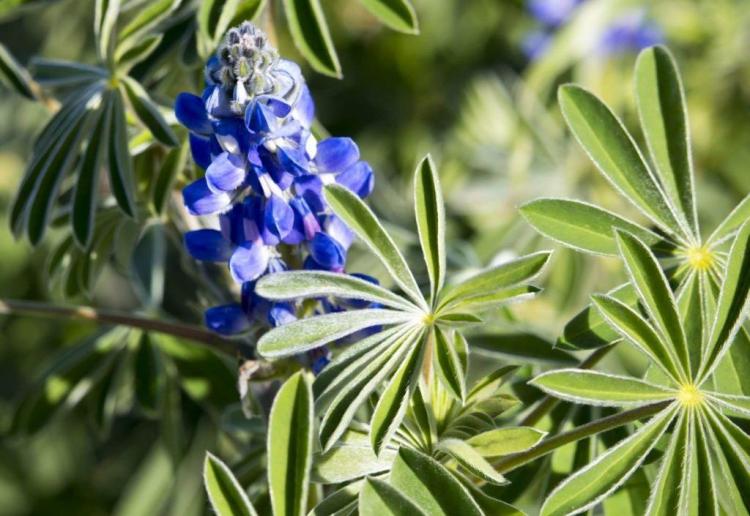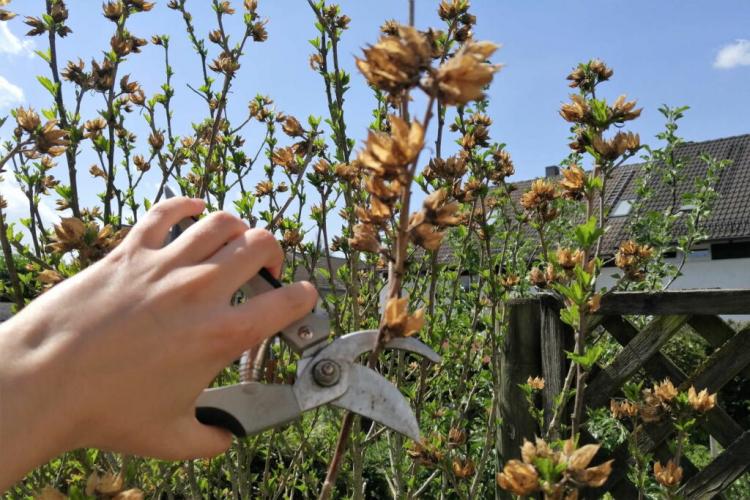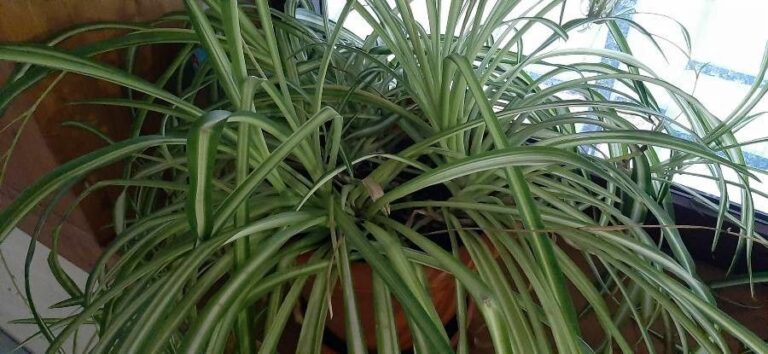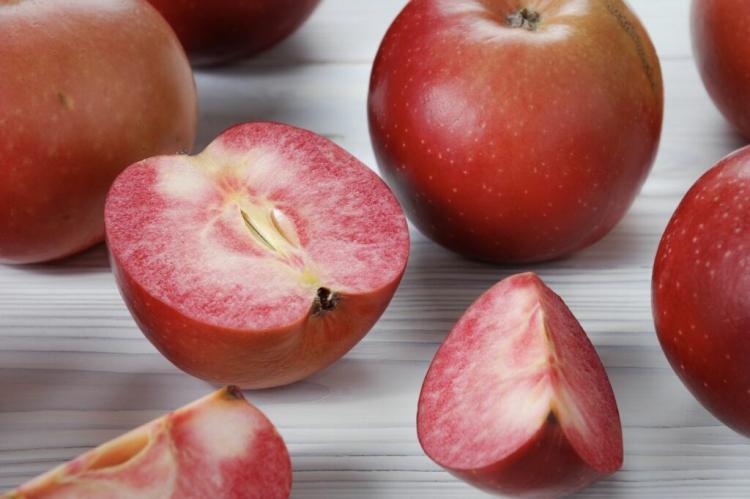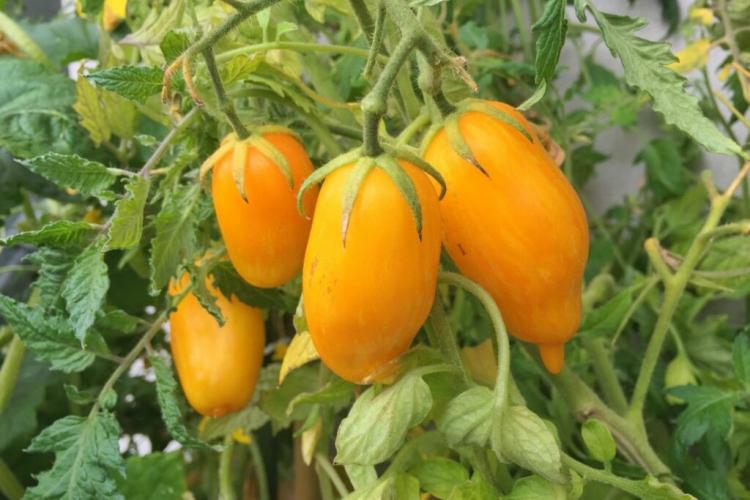Lupins: Caution Poisonous
Lupine seeds are healthy and delicious. But be careful! Not all lupins are suitable for consumption – many are even poisonous.
Lupins ( Lupinus ) are now considered the regional, plant-based source of protein par excellence. Because, unlike soy, lupins also grow here. That is why you can find more and more products made based on lupine on the shelves of many health food stores. But that doesn’t mean that every lupine seed can be safely eaten. The original species are all poisonous.
Lupine seeds: protein-rich super seeds
Lupins are full of valuable vegetable protein. At around 40%, they are in no way inferior to soybeans – but unlike soy, they can also be grown regionally. The protein-rich seeds are now processed into a wide range of products that will make the hearts of lovers of healthy and regional nutrition beat faster. Here you will find a selection of lupine products that will convince you of the diversity of these super seeds.
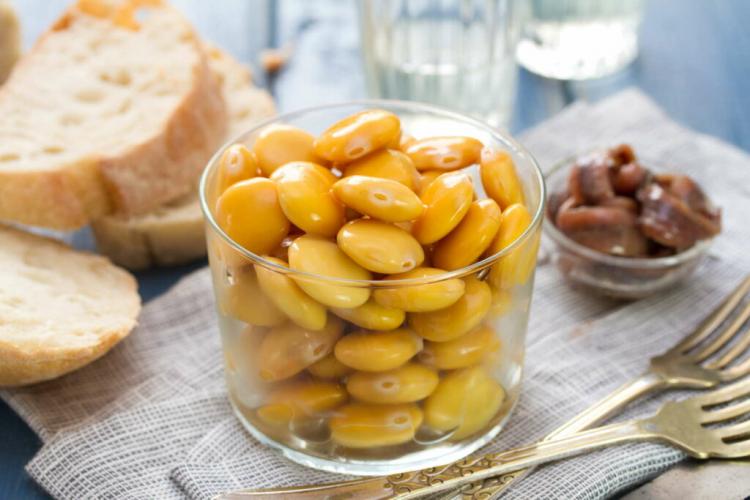
Poisonous wild lupine
Originally the seeds and, to a small extent, the leaves of the lupine contain poisonous alkaloids, lupine, and sparteine. These bitter substances have a toxic effect on humans. Fortunately, the seeds usually spit out again by children because of their bitter taste, so there is usually only very slight poisoning. On the other hand, animals are much more likely to be poisoned.
Large animals such as cows, horses, goats, and pigs, but also cats, dogs, rodents, and birds are at risk. The alkaloids, however, are tolerated by wild animals. Cooking the lupine seeds also makes them inedible. The seeds have to be soaked in saltwater for at least 14 days before the bitter substances are flushed out.
Poisonous wild lupins: symptoms of poisoning
The following symptoms of poisoning must be expected from the consumption of about one untreated pod:
- Racing heart
- Motor disorders
- Dry mouth
- dizziness
- confusion
- nausea
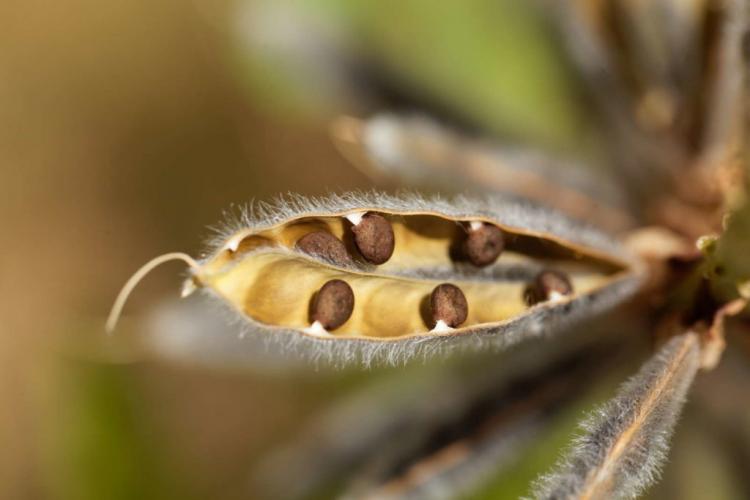
In severe cases, cardiac arrest and respiratory paralysis can result. In animals, too, there are typical symptoms of poisoning such as:
- Shortness of breath
- Stomach and intestinal discomfort
- salivation
- Restlessness
- Tremble
Feeding calves and cows with lupins can lead to skeletal deformities.
Poisonous wild lupins: first aid in case of poisoning
After consumption, it is important to drink plenty of fluids in the form of water. This dilutes the toxins. It is also advisable to consult a doctor. This prescribes detoxification and charcoal for milder poisoning. Parents of smaller children, in particular, should always have charcoal tablets in their home pharmacy because every moment counts in the event of poisoning. In the event of more severe symptoms of intoxication, an emergency doctor must be called immediately. Animals showing symptoms of intoxication are taken to the veterinarian. Even if you are not happy about veterinary bills, you should not think long about whether the visit is really necessary. After all, this is about a family member.
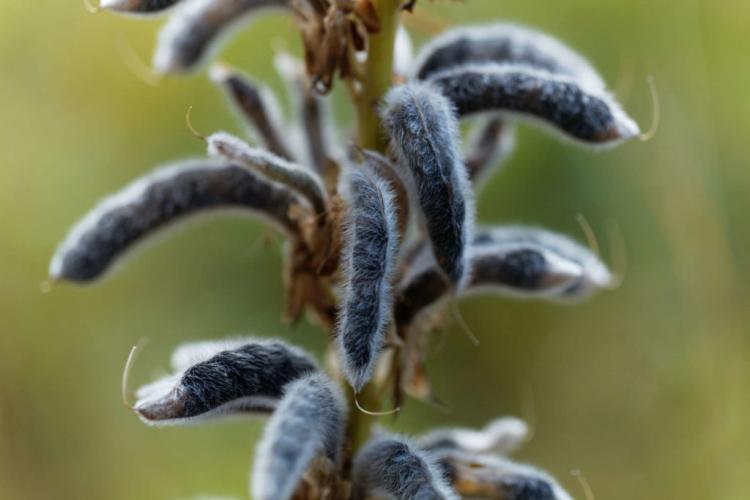
Non-toxic sweet lupins: breeding makes the difference
The lupine products that are available in stores are based on the seeds of so-called sweet lupins. They were bred in the 1930s and, in contrast to wild or garden lupins, are not poisonous or hardly poisonous because the poisonous alkaloids were bred out. This considerably shortens the time that has to be put into preparing the seeds. In addition, the lupins can be used directly as animal feed and thus offer an alternative to imported soy.
